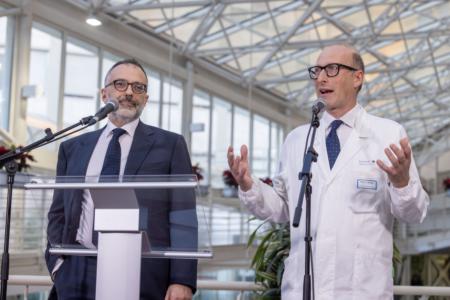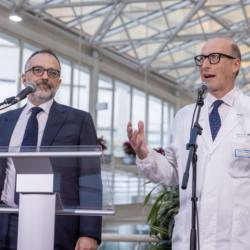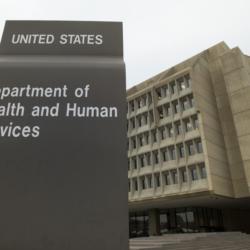'Conviction: The Case of Stephen Lawrence,' Feb. 21, Acorn
NEW YORK (CNS) -- On April 22, 1993, a crime took place in London that would roil British society. While peaceably waiting for a bus, Stephen Lawrence, the 18-year-old son of Afro-Jamaican immigrants, was stabbed to death by a gang of white males.
A review of the investigation that followed determined that the Metropolitan Police Service, which failed to charge anyone in the case, was "incompetent and institutionally racist."
The slaying and its aftermath were dramatized in noted British filmmaker Paul Greengrass' 1999 movie "The Murder of Stephen Lawrence," broadcast in the U.K. on ITV. Last summer, the same channel aired a sequel, originally titled simply "Stephen."
Informed by the 2015 book "In Pursuit of the Truth," penned by former Detective Chief Inspector Clive Driscoll, who contributed to the successful, albeit long belated, prosecution of a trio of Lawrence's killers, the miniseries -- renamed "Conviction: The Case of Stephen Lawrence" -- will be available in three one-hour episodes Monday, Feb. 21, on the Acorn streaming service.
Outstanding performances and a thoughtful, humane approach to its challenging subject elevate the program above the usual run of procedurals. The father-and-son team of Frank and Joe Cottrell Boyce wrote the scripts, which Alrick Riley directed.
The show is, by its nature, mature fare. But there's nothing lurid in its depiction of events. Free of any sexual content, it includes only one scene in which vulgar language is used -- though racial slurs, intrinsic to the story, are heard more frequently.
The screenwriters pick up the narrative in 2006. By that point, Stephen's divorced parents, Doreen (Sharlene Whyte) and Neville (Hugh Quarshie) had lost any hope, after three fruitless investigations, that his murderers would ever be held accountable.
Yet, after a video surfaces implicating one of the original police investigators in a possible corruption scheme, Driscoll (Steve Coogan) leads a reexamination of the case. He has his work cut out for him, however.
Over the following six years, as his team assembles forensic evidence, Driscoll has to contend with internal efforts to undermine the inquiry and convince witnesses to testify yet again. Most of all, though, he must win the Lawrences' trust.
The tale of his efforts is solid enough. But "Conviction" really shines when exploring questions about where race, justice and redemption intersect.
Doreen and Neville's personal experiences are the prisms through which viewers examine these issues. Neville's quest to achieve an attitude of forgiveness toward Stephen's assailants will especially interest believers.
While discussing the need for such a frame of mind and heart with his unnamed pastor (Michael Akinsulire), Neville asks poignantly, "When your son has been murdered, what does anything mean after that?"
Buoyed by a willingness to tackle difficult topics and by its resistance of easy answers, "Conviction" makes for powerful programming. Those guided by Judeo-Christian values, in particular, will find the show both touching and rewarding.
- - -
Byrd is a guest reviewer for Catholic News Service.



















